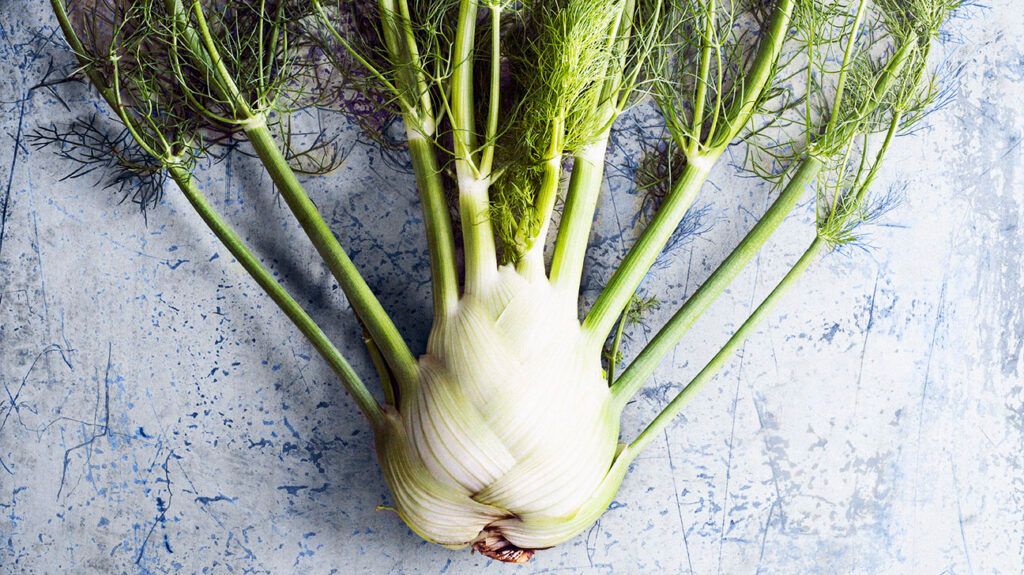Possible health benefits of fennel tea include relieving period pain, fighting infections, and regulating blood sugar. However, more research is necessary to determine its effects.
Fennel is a widely used medicinal plant that is native to the Mediterranean region.
It has a distinctive licorice-like flavor and is used in many different cuisines. Generally, all parts of the plant, including the leaves, seeds, and bulb, are used.
A person can also crush fennel seeds and use them to make tea, which some claim has various health benefits.
Read on to learn more about the potential health benefits of fennel tea.

Many health claims have been made for fennel throughout the ages, and drinking fennel tea is an established practice in traditional medicine worldwide.
Although Western science has not verified all these benefits, humans have used fennel to:
- encourage urination
- boost metabolism
- treat hypertension
- improve eyesight
- prevent glaucoma
- regulate appetite
- clear mucus from the airways
- reduce stress
- detoxify the body
Below are some other potential health benefits of fennel.
Painful periods, or dysmenorrhoea, are a common problem for many women, who often use over-the-counter medications, such as nonsteroidal anti-inflammatory drugs (NSAIDs), to treat the pain.
However, roughly
Some may turn to alternative or complementary treatments instead, and a
Researchers speculate that fennel helps reduce uterine spasms or contractions, which is what prompts the pain reported by women with dysmenorrhea.
However, further research is needed to confirm these findings.
According to a 2023 review, several studies demonstrate fennel’s antimicrobial and antiviral properties. The authors highlight fennel’s use in traditional medicine to treat minor illnesses, like coughs and the common cold.
If a person has a cold, drinking some fennel tea may relieve their symptoms.
Many herbalists and complementary healthcare practitioners recommend fennel tea to regulate blood sugar.
One
With this in mind, fennel tea may be beneficial for regulating blood sugar.
However, further research is needed to confirm if these findings apply to humans.
Fennel seed is said to be
A
However, further research is needed to confirm whether these findings apply to humans.
According to a 2023 article, people have traditionally used fennel to increase the quality and quantity of their breast milk.
In a study of
Ultimately, more research is necessary to understand if fennel tea can help with breast milk production.
If a person is breastfeeding and considering drinking fennel tea, they should proceed with caution and seek medical advice.
Fennel tea or fennel extract?
It is worth noting that fennel seed extract is not the same thing as fennel tea.
While they originate from the same plant, they differ in form and concentration.
Fennel tea is generally less processed, while fennel extract tends to be more concentrated, potent, and provide stronger effects.
While fennel is generally recognized as safe for use in food, the U.S. Food and Drug Administration (FDA) does not monitor supplements and extracts of herbs.
Fennel is considered fairly mild, although some
Estragole, a key element in fennel, has been identified as a potential carcinogen in rodents. Although estragole has not been proven to be carcinogenic to people, those with cancer (especially those with cancers that are sensitive to estrogen), or are at high risk for the disease, may want to limit their use of fennel tea.
To make fennel tea, a person can get fresh fennel seeds from their own plant or a health food store and follow these steps:
- crush the fennel seeds
- put the seeds in a tea ball, teapot, or empty tea bag
- steep the seeds in hot water for 5 to 10 minutes
Some people like to add ingredients like honey or ginger to enhance the flavor of fennel tea.
It’s also possible to purchase fennel seed tea that’s ready to steep. The longer the tea steeps, the stronger the brew tastes.
Fennel tea has many potential health benefits, including relief from period pain, fighting infection, and aiding digestive problems.
However, most studies on fennel have largely been conducted on animals and may not apply to humans.
The herb is generally safe to consume and drink, but can cause allergic reactions and is not suitable for pregnant or breastfeeding people.


